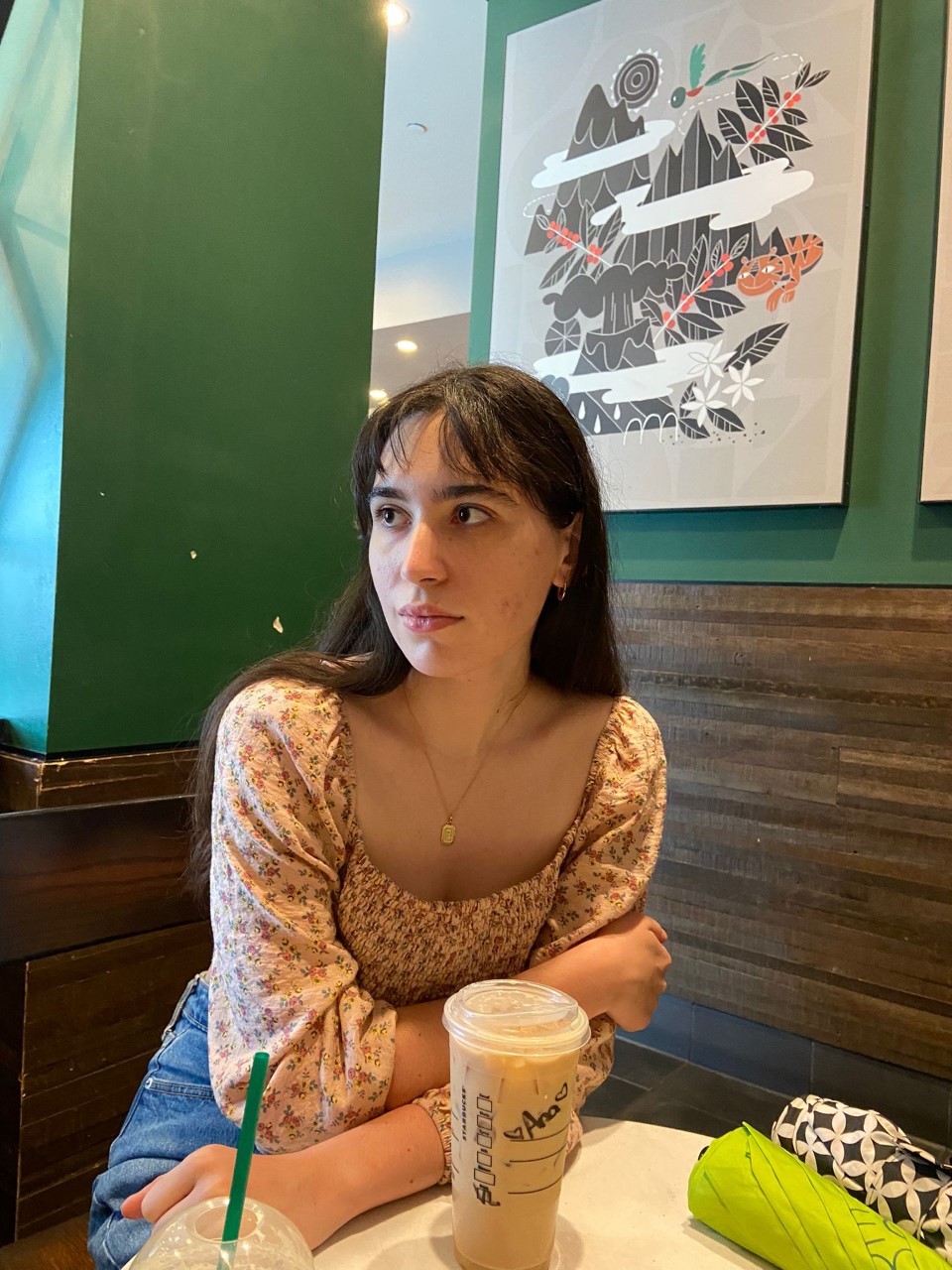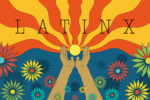CW: Eating Disorders
I was not fat as a kid. I wasn’t exactly skinny either, but certainly not the skinniest among my siblings and cousins. You could say I was plump, full-bodied, or average. But that didn’t matter because I still earned myself the nickname “Gorda.”
It can be difficult to explain this nickname to non-Latinos. The word translates to “fat girl” in English, yet Latinos use this word as a term of affection in some contexts.
I remember the culture shock of trying to explain this to a girl my age in grade school. She was a sweet girl, and we were on our way to becoming friends. I told her that my mom had taken to calling her my “amiga gordita,” thinking she would be pleased to know that my mom not only remembered her but already had a cute nickname for her. But she frowned at me. She told me that that wasn’t very nice. She turned on her heel to leave and she never talked to me again.
I suspect that there may be an underlying expectation in Latino families for family members to have some awareness of their physical appearance and to have thick enough skin to bear some lighthearted jabs. However, as I got older, I started to hate the nickname. My relatives would laugh and say they meant it with love when I begged them not to call me gorda anymore. It was starting to get to me. My body was changing and I couldn’t trust any perception of what it looked like, making me painfully self-conscious and unable to look directly into a mirror.
Eating disorders were a distant concept to me back then. I yearned to be thin, but I loathed the idea of being anorexic. I had developed a very narrow view of what an eating disorder looked like based off of what I saw online, and I didn’t relate to it. The people I saw online were predominately white, American, teenage girls. And while I envied them for having the singular feature that I wanted so much for myself and romanticized the actions they took to achieve it, I believed there was an inherent distance between us.
Food has a tremendously important place in Latino culture. Eating and sharing food are social exchanges that keep the cultural identity and sense of community alive. Many Latin American holidays have traditional foods that are served only for the season. The last three months of the year can be especially challenging, since the biggest holidays of the year come one right after the other. For second-generation Latinos, food can be one of the few ties they have to their culture, and by refusing food, a Latino may also lose that cherished connection with their family.
Moreover, many Latinos who immigrated to another country, or are the children of immigrants, may have faced financial hardship and/or food insecurity. As many as one out of every five Latinos living in America do not have access to enough food. It’s no wonder that many Latino parents teach their kids to appreciate having enough to eat. Prayers at dinner time routinely mention gratitude for the meal on the table, and punishments for wasting food include a sharp smack to the hand with a wooden spoon.
These experiences can prime young minds to feel an overwhelming sense of shame around food that makes them feel that they don’t deserve to eat. Furthermore, this scarcity mindset can result in binge eating. A scarcity mindset, when combined with feelings of shame, can turn into a cycle of binging and purging. In some cases, food insecurity-fueled desperation can even drive a person to begin consuming things that aren’t food just to satiate their hunger.
Then again, beauty standards also play a role in the development of eating disorders. Magazines and tabloids featuring pictures of gorgeous blonde celebrities shaped my perception of American beauty standards. Headlines questioning whether models were held to unrealistic body expectations and speculations on whether or not allegedly sick-looking public figures had developed eating disorders were featured on the same magazine covers. I believed there was an inherent distance between us, because the ideal for Latinas is not to be thin, but to be curvy. I would put these magazines back on the rack with a sense of relief, as if I was somehow exempt from these expectations. Of course, I wasn’t exempt at all; but I would realize that later on as I became more aware of my own insecurities.
It was crucial to my cultural identity that I fulfilled the Latina beauty standard. Yet, try as I might, I was simply unable to develop the coveted Coke bottle body. I felt like a complete failure. How could I possibly claim to be Latina?
There is a perceived selfishness that characterizes our view of eating disorders. According to the boys in my class, Anorexia was a white girl disorder.
“Stop that American nonsense. Ponte a comer.”
Because to be Latina was to figure things out on your own. In addition to the general stigma surrounding eating disorders and a lack of resources, Latinos also have to navigate skewed perceptions from members of their own community. Fear of being labeled as crazy, weak or unfit makes Latinos less likely to seek mental health treatment. Struggling with mental health can mean losing relationships with family members who no longer believe you are safe to be around. Gossip is can be increasingly destructive when people use outdated and offensive language when discussing mental illness. The fear of ridicule at the hands of family or community members is potently destructive, and only serves to feed the flames of an eating disorder. Words are powerful and what we say to each other matters.
My family still calls me gorda. They call me cachetona too. But they also call me muñequita, cariño and amor. While they may not always say the right thing, they say it with love. At the end of the day, our families have the best of intentions, and despite the harm they may unintentionally cause, their support is the single most powerful tool for recovery.

















